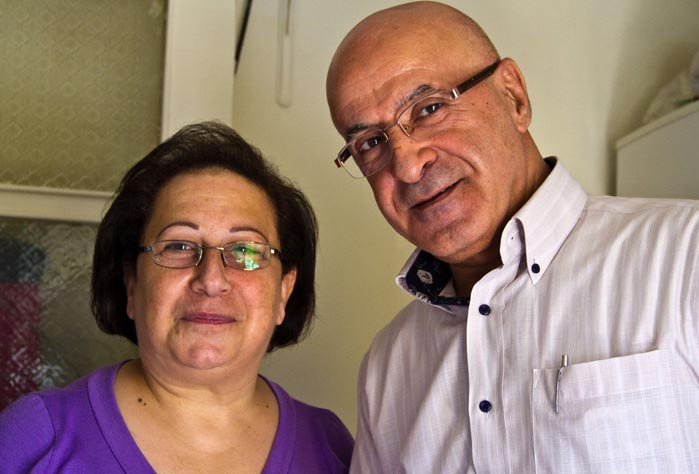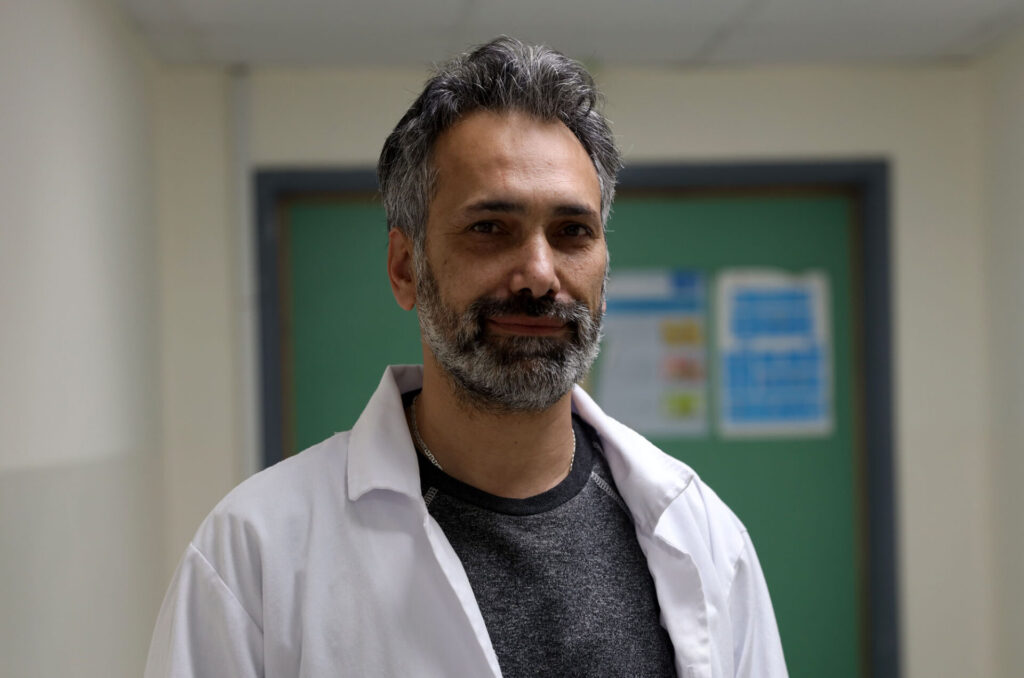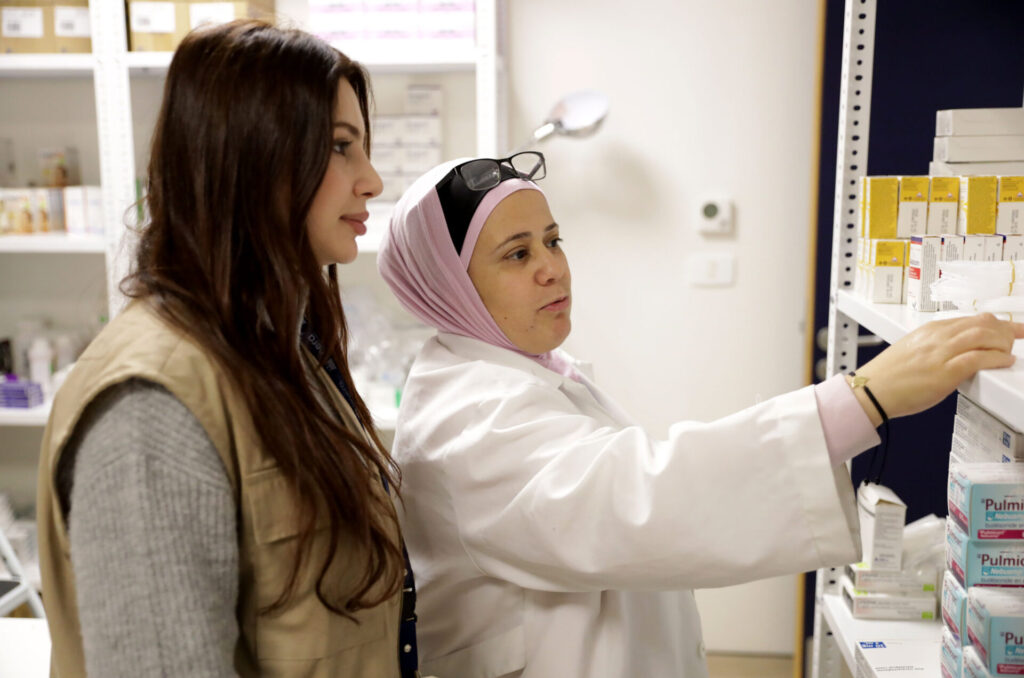Jun, 2013
Ibrahim Barbour is 63 years old. He lives in the poor Nabaa neighborhood of Beirut.
He had his first heart surgery in 2000, the second in 2008. Since then, he takes five different kinds of medicine per day. Missing out on one of them could cause yet another heart attack “We don’t have any health insurance. Without the help of the medical center, I don’t think we could make it.” Every other week, Ibrahim and his wife visit the Medico-Social Center of the Greek Orthodox Church to receive his medicine–every other week for 13 years.
Centers like the Medico-Social Center are vital in Lebanon because they offer free medical consultations and a large range of medicines for so many retired patients who have no health insurance. Ibrahim’s former employer, a private manufacturing company, had to close down during the last years of the Lebanese civil war, which ended in 1990. He hasn’t worked since then. “We have become a burden for our three daughters. They should spend on their children’s education, rather than on us!”
Until today, Ibrahim could hardly cover the cost of Plavix, one of his medicines. The center’s cardiologist, Dr. Hisham Dib explains, “Plavix must be taken every day after a heart surgery. It improves circulation by liquifying the blood that would coagulate otherwise. Not taking it puts your life at risk.” Dr Dib is concerned that many patients have to do without because of the medicine’s price. “Every month, it costs them about $100.” That represents about one quarter of the minimum salary in Lebanon.
Dr. Dib welcomes the center’s first batch of Plavix, delivered through Anera’s In-Kind Medical and Relief Program. This medicine was donated by AmeriCares. Cynthia Kheir works for YMCA, one of Anera’s local partners who supplied the Medico-Social center with Plavix. She says that the donation is critical. “With this shipment, we can provide more than three months of Plavix to more than 4000 patients in 400 centers across Lebanon.”
Anera In-Kind Medical and Relief program has been active for more than two decades. In Lebanon, Anera has delivered millions of dollars of donated health care supplies and medicine as well as assistance to local organizations to better serve the health and welfare of Palestinian refugees and families in the nearby marginalized Lebanese communities.




